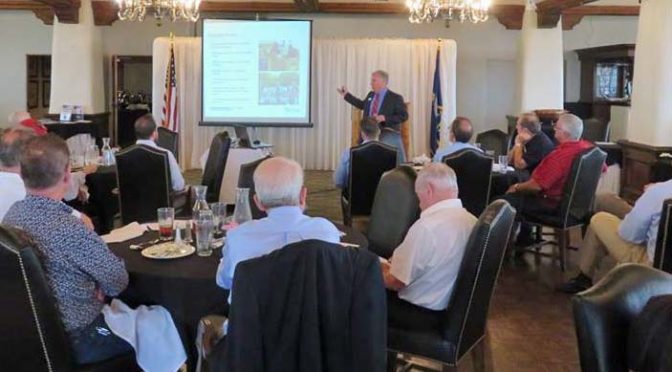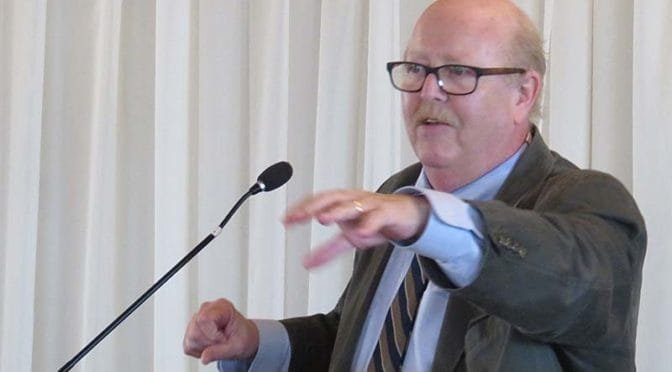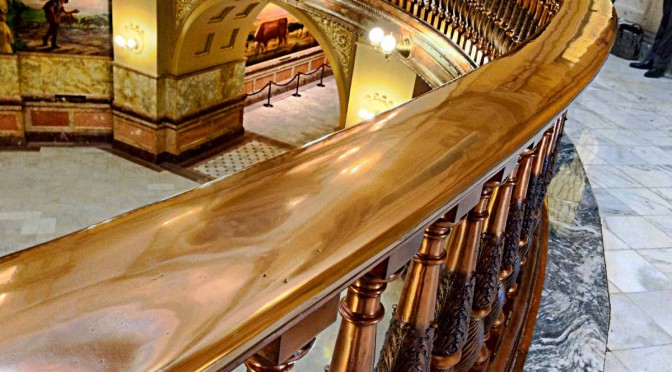Tag: Wichita Pachyderm Club
-

Year in Review: 2016
Here are highlights from Voice for Liberty for 2016. Was it a good year for the principles of individual liberty, limited government, economic freedom, and free markets in Wichita and Kansas?
-

From Pachyderm: 2016 general election analysis
From the Wichita Pachyderm Club this week: A panel discussion on the results of the 2016 general election.
-

From Pachyderm: Congressman Mike Pompeo
From the Wichita Pachyderm Club: Congressman Mike Pompeo delivered an update on the issues of the day and answered questions.
-
Kansas Governor Sam Brownback on myths and reality
Myth vs Reality: What the media isn’t telling you.
-

From Pachyderm: Alan Cobb from the Donald Trump campaign
From the Wichita Pachyderm Club: Alan Cobb, who is National Coalitions Director for the Trump/Pence presidential campaign.
-

From Pachyderm: Radio Host Joseph Ashby
From the Wichita Pachyderm Club this week: Radio Host Joseph Ashby, host of The Joseph Ashby Show. His talk focused on the administration of Kansas Governor Sam Brownback.
-

From Pachyderm: Westar Energy
A presentation from Westar Energy titled “An overview of Westar Energy — Solar, Conservation, Community.”
-

From Pachyderm: Martin Hawver on Kansas Politics
From the Wichita Pachyderm Club this week: Martin Hawver, dean of Kansas Statehouse press corps, briefed members and guests on the state of Kansas politics.
-

Free trade is important, but may be in peril
Robert E. Litan, a lawyer and economist and adjunct senior fellow at the Council on Foreign Relations spoke on “The Future of Trade Policy” before a luncheon at the Wichita Pachyderm Club August 5, 2016.
-

A National Perspective on Kansas Fiscal Policy
Jonathan Williams, Vice President in charge of the Center for State Fiscal Reform at the American Legislative Exchange Council (ALEC), spoke on “A National Perspective on Kansas Fiscal Policy.”
-

From Pachyderm: Kansas Senate Candidates
From the Wichita Pachyderm Club this week: Republican primary candidates for Kansas Senate were invited to participate in a forum.
-

David Dennis, gleeful regulatory revisionist
David Dennis, candidate for Sedgwick County Commission, rewrites his history of service on the Kansas State Board of Education.